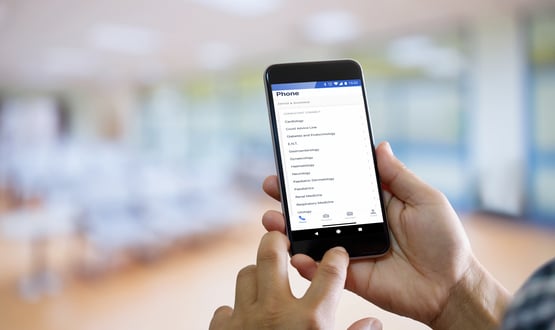Scottish Ambulance Service laptop stolen
- 23 November 2009
The Scottish Ambulance Service has confirmed that a laptop containing more than 600 patient medical records has been stolen from its headquarters.
The laptop, which was stolen fromMorningside, Edinburgh, contained records that detailed patients’ names, addresses and details of treatment.
It was believed to have been stolen between 4:15pm on 17 November and 7:30am the next morning.
The service says it has an encryption policy and that it has encrypted 230 laptops. However, the stolen laptop was only password protected.
A spokesperson said: “The police have been notified of the theft. The laptop is password protected and would be difficult to access without specialist IT skills.
"The service has robust information security policies and procedures in place that comply with the Data Protection Act; however on this occasion they were not followed and this will be addressed internally.
“The service treats the handling of patient information as an issue of the utmost importance and regards any failure to adhere to procedures as an extremely serious matter.”




